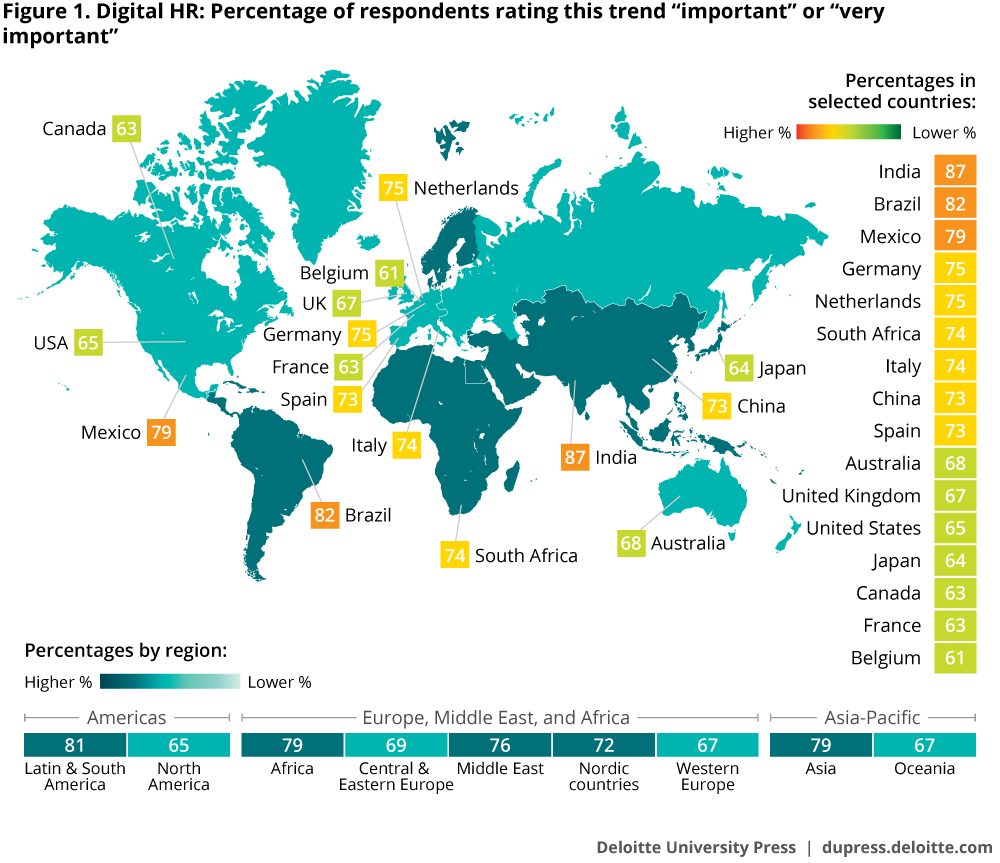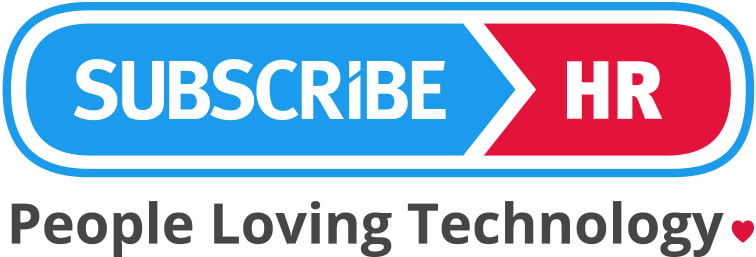Our last post about the Digital Transformation of HR made it clear that no organisation, business, government or NGO, will be able to realise a successful digital HR transformation without putting people first and having those people onboard and committed to the process. Many of you know from experience that when things change too fast, or the change management process doesn't take into account the individuals impacted by change, (as well as their concerns), this can be a recipe for failure. From a broader perspective, a poorly executed change management process can potentially result in organisation-wide resistance, which is a disastrous outcome for the business. As the way we work makes it more possible for the HR department to make the transition from an overhead towards being a revenue generator, and as HR best practice continues to transform, we pose the question: 'Can technology transform HR from cost centre to profit centre'?
Technology As A Means To An End
As technology transforms both HR and business, many organisations are moving in the direction of a 'lean' workforce. Changes in technology are guiding us towards a re-imagined and re-engineered workforce, and HR will be a key player in successfully managing this transformation to ensure continued growth and profitability. Technology has created new ways for employees to work and contribute to the bottom line, and HR is charged with moulding and shaping what that contribution will look like. Going forward, a smaller core workforce will be supported by a larger remote (or virtual) workforce. With a technology oriented perspective, HR can generate significant value for the business by lowering costs through improved efficiencies, while at the same time building a talent pool that can generate profit for the business with a lean, mixed workforce.
Digital HR Technology Needs to Serve The People
Given how intrinsic the use of technology has become, and the ubiquity of 'devices,' instead of attempting to divorce employees away from those devices and associated applications, employers and HR Professionals might get more out of business transformation by harnessing the power of technology to serve the people instead of the other way around.
It is very easy to lose agency and perspective if you're glued to a screen all day. However, if the applications, processes and interactions that screens can facilitate enable employees to actually spend less time glued to a device, then there are interpersonal benefits in addition to efficiencies, that can be gained.
The issue is that when organisations deploy new technologies and software, it is often rolled out to deal with a specific problem or pain point and often doesn't take a wholistic view. However, if the change management piece isn't executed well, it can inadvertently result in more time-consuming activity as more individual ‘problems are solved,' potentially creating what Josh Bersin termed the ‘Overwhelmed Employee’.
According to Deloitte, employees must navigate a maze of multiple policies and procedures, different disconnected technologies, and siloed departments. If technology is set up as the master, instead of the servant, then getting simple things done can often be a chore, leaving employees feeling stuck, frustrated, and overwhelmed. Ultimately, this works in the exact opposite way to what the organisation wants - it reduces productivity, engagement, retention, and ultimately hurts an employer’s brand. So the question is, how can HR use technology and digital HR to truly transform and reinvent the employee experience to make life easier and give time back to employees?

HR Can Lead The Digital Transformation
HR currently has a significant opportunity to lead the transformation of business to a digital enterprise model. In the coming years, HR teams that embrace digital platforms to take up the dual challenge of transforming HR operations on the one hand, and transforming the workforce and the way work is done on the other, will be game changers. HR leaders willing to 'lean into' new technologies, platforms, and ways of working, and who explore and invest in enabling agility through constant reinvention, will be strongly positioned to have a significant impact on business results and employee experience.
Deloitte Insights recommends the following considerations for HR Professionals who inspired to take up the mantle of leading the digital transformation in their workplace:
- Redefine your mission: HR today should define its role as the team that helps management and employees rapidly transform and adapt to the digital way of thinking. Deloitte advises that HR practitioners familiarise yourselves with networked organisation structures, organisational network analysis, and digital leadership models.
- Upgrade your organisation's core technology: Replace legacy systems with an integrated cloud platform for a sound digital infrastructure. Upgrade old tools for learning, recruiting, and performance management, and implement systems that are easy for employees to use and can be integrated with each other to ensure seamless data sharing across business systems (and to avoid double handling).
- Develop a multiyear HR technology strategy: In today’s rapidly changing HR technology environment, it’s important to build a multiyear strategy that includes cloud enterprise resource planning (ERP) platforms, apps, analytics. A forward looking consideration and investigation of a range of tools for AI, case management, and other solutions will need to be factored into tech strategies going forward.
- Build a digital HR team: Dedicate teams to explore vendor solutions, understand integration potential, and consider AI solutions to improve service delivery, recruitment, learning and more.
According to Deloitte research, companies such as RBC and Deutsche Telekom now have digital design teams in HR that work with IT to design, prototype, and roll out digital apps. The digital transformation challenge is significant, but as these examples illustrate, the benefits far outweigh the costs.
The Transformation from Cost Centre To Profit Centre
Instead of continuing to be seen as a cost of doing business, HR can lead and leverage digital transformation to benefit the entire organisation, as well as their standing within the business. If HR can be intelligently digitised, the change management well executed, and the technology integrated into your organisation's culture, then the HR department can drive profitability of any business. Not only that, HR can also transform the very culture of the organisation and shepherd their employees through what is shaping up to be one of the most significant periods of change ever to happen in the workplace.
If you're an HR professional still using outdated legacy systems, or spreadsheets, and you're ready to lead the digital HR transformation in your organisation, it is time for you to discover how you can make it so. The best way to begin your journey, is through a personalised demonstration that will be tailored specifically to meet the unique needs of your business.
Image source: Deloitte Insights - Digital HR: Platforms, People and Work


